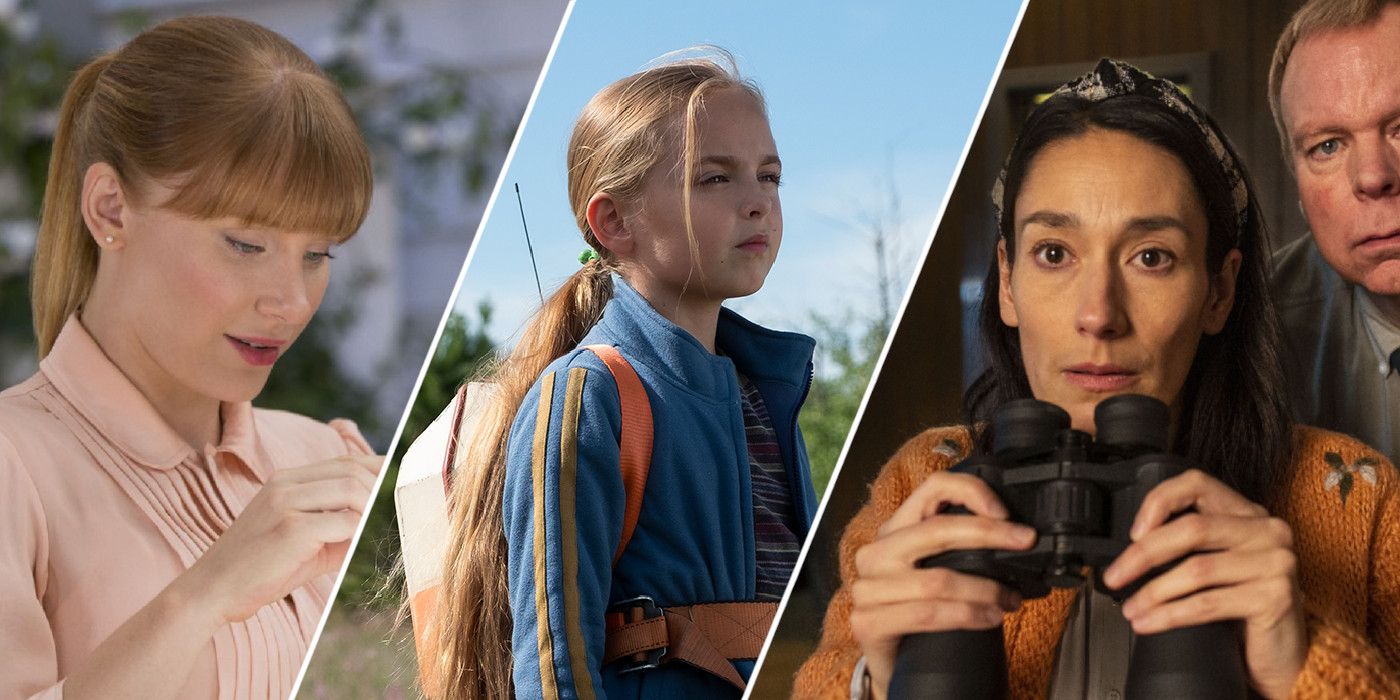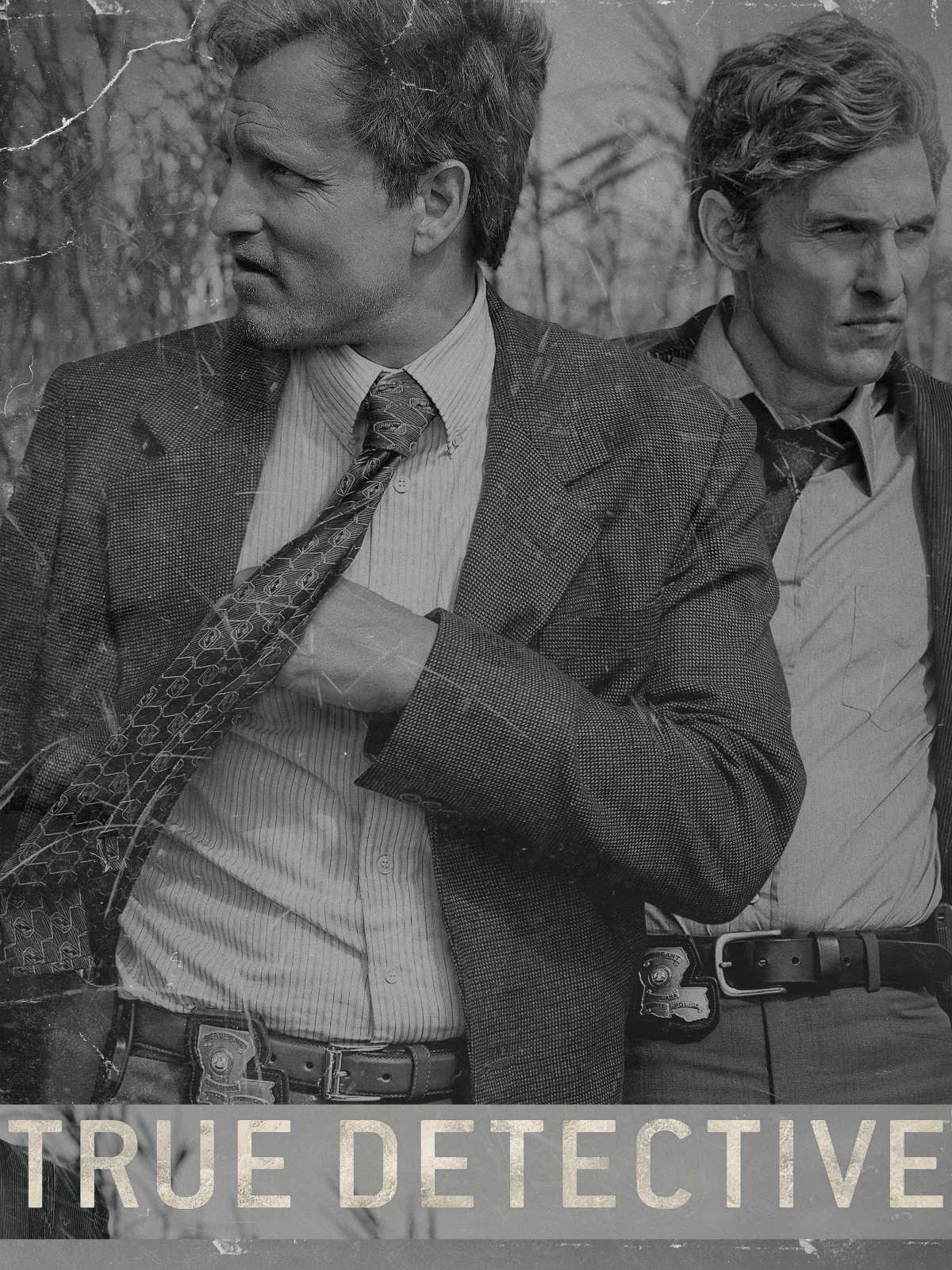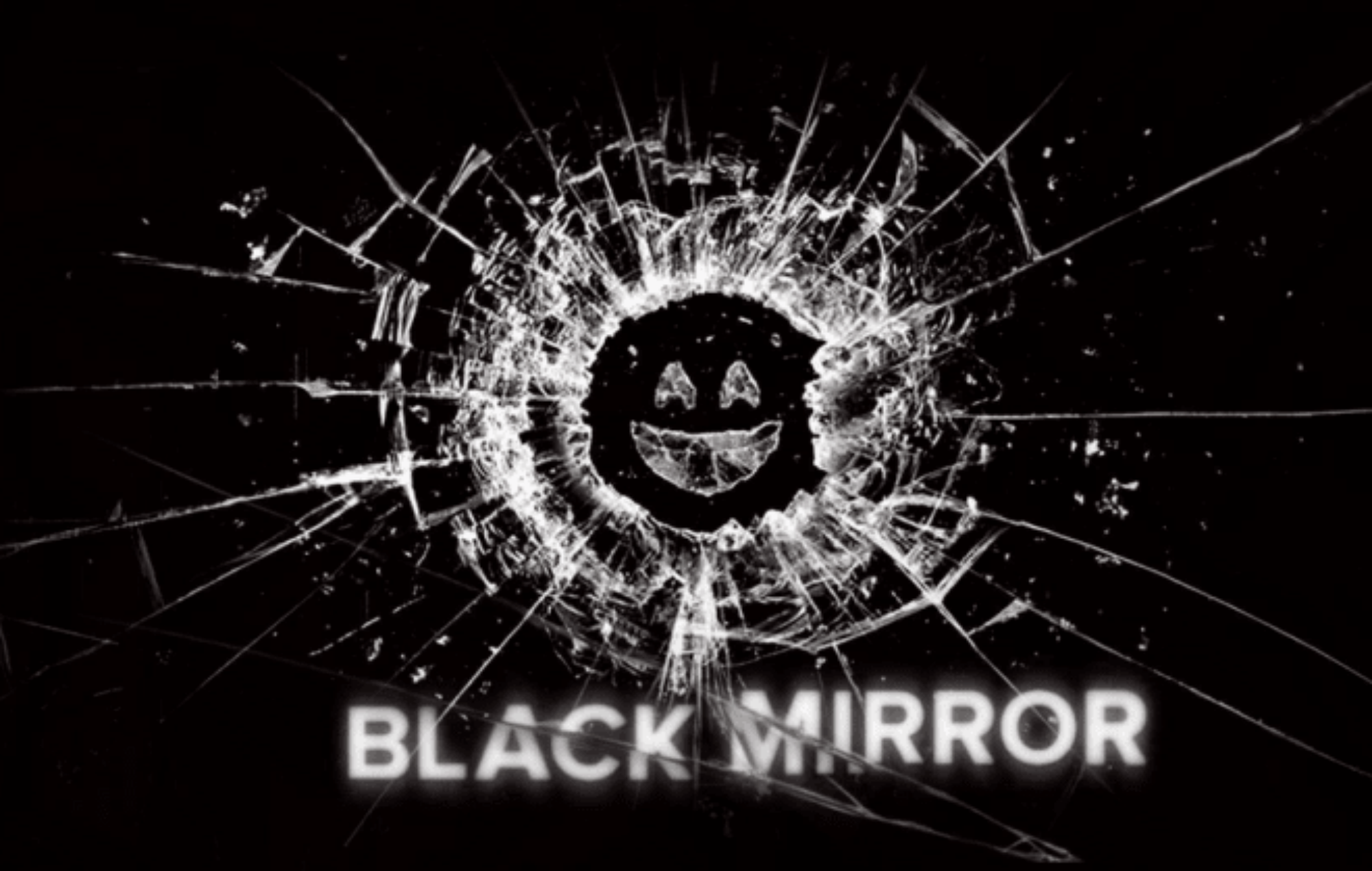A Deep Dive into Anthology Series and Their Impact on the Cultural Landscape
A Deep Dive into Anthology Series and Their Impact on the Cultural Landscape
In the dynamic world of television, where storytelling techniques continually evolve, one particular format has stood the test of time and left an indelible mark on the medium – the anthology series. In this extensive exploration, we embark on a comprehensive journey through the evolution of television storytelling, with a specific focus on the intricate and diverse world of anthology series. From their inception in the golden age of television to their resurgence in the digital age, we will delve into the notable examples, innovations, and the profound impact that anthology series have had on the cultural and narrative landscape.
The Genesis of Anthology Series: A Revolutionary Departure
Anthology series, distinguished by their self-contained episodes or seasons, each with distinct storylines and characters, trace their roots back to the early days of television. The 1950s and '60s witnessed the emergence of shows such as "The Twilight Zone" and "Alfred Hitchcock Presents," which marked a departure from the traditional episodic structure. These series introduced audiences to narratives that delved into the mysterious, the macabre, and the thought-provoking, setting the stage for the diverse storytelling that would characterize the future of television.
The Twilight Zone: A Pinnacle of Innovation and Social Commentary
Rod Serling's magnum opus, "The Twilight Zone," whichfirst aired in 1959, stands as an enduring exemplar of anthology storytelling.Serling, often referred to as the maestro of the mysterious, created a showthat combined science fiction, fantasy, and social commentary within standaloneepisodes. "The Twilight Zone" not only captivated audiences with its
unexpected twists and turns but also used the fantastical as a lens to explore the human condition and societal issues. Its influence reverberates through the DNA of countless series that followed, leaving an indelible mark on the television landscape.
The '80s and '90s: Anthology Resurgence and Creative Experimentation
While the '70s saw a decline in the popularity of anthology series, the '80s and '90s witnessed a resurgence, with creators experimenting with the format in new and innovative ways. Series such as "The Hitchhiker," "Tales from the Darkside," and "Tales from the Crypt" brought horror and suspense to the forefront, each with its unique style and thematic focus. These series showcased the versatility of anthologies, proving that they could cater to a variety of genres and audience preference
The Rise of Limited Series: A Paradigm Shift in Anthology Storytelling
As television entered the 21st century, the traditional anthology format underwent a transformative shift. The rise of limited series, where an entire story unfolds over a set number of episodes, brought a new dimension to anthology storytelling. Series like "True Detective," "Fargo," and "American Horror Story" embraced this format, allowing for in-depth exploration of characters and themes while retaining the anthology's trademark diversity.
True Detective: A Game-Changer in Anthology Storytelling Dynamics
Nic Pizzolatto's "True Detective," which premiered in 2014, marked a watershed moment for television anthologies. The series, with each season featuring a new cast and storyline, transcended the episodic structure. The first season, in particular, garnered critical acclaim for its complex characters, non-linear narrative, and thematic depth. The show's anthology approach not only attracted top-tier actors but also elevated the discussion around television as a legitimate platform for high-quality storytelling previously associated with cinema.
Fargo: A Symphony of Crime and Quirk Redefined
Inspired by the Coen Brothers' film of the same name, "Fargo" emerged as a unique blend of crime, dark humor, and Midwestern quirkiness. Each season brought a new ensemble cast and a fresh tale of crime and chaos, maintaining thematic connections to the original film.
"Fargo" showcased the potential of anthologies to explore different facets of a genre while maintaining a cohesive brand identity.
American Horror Story: Genre Anthology Extravaganza
Ryan Murphy and Brad Falchuk's "American Horror Story" took the anthology format to new heights by reinventing itself with each season. With a recurring cast playing different characters in distinct storylines, the series became a platform for horror storytelling in all its facets – from haunted houses and asylums to covens and freak shows. "American Horror Story" not only revitalized interest in horror on television but also demonstrated the longevity and flexibility of the anthology model.
The Streaming Revolution: Anthologies in the Digital Age
The advent of streaming platforms further catalyzed the evolution of anthology series. Freed from the constraints of traditional network television, streaming services allowed creators to experiment with format, structure, and storytelling techniques. Anthologies like "Black
Mirror" and "The Haunting of Hill House" found a home on platforms like Netflix, captivating global audiences with their thought-provoking narratives and immersive storytelling.
Black Mirror: A Reflection of the Digital Dystopia and Beyond
Charlie Brooker's "Black Mirror" serves as a mirror reflecting the dark and often dystopian aspects of our technology-driven society. Each episode of the anthology explores the potential consequences of advancements in modern technology, ranging from the plausible to the nightmarish. "Black Mirror" transcends genres, delivering standalone stories that leave viewers contemplating the impact of the digital age on humanity.
The Haunting Anthology: A New Approach to Horror Narratives
Mike Flanagan's "The Haunting of Hill House" and its successor, "The Haunting of Bly Manor," redefined horror anthologies with their character-driven narratives and intricate storytelling. While each season focuses on a different haunted house, the series intertwines familial drama with supernatural horror. Flanagan's approach to anthologizing the horror genre emphasizes emotional depth, making the scares more resonant and memorable.
Anthologies as Cultural Mirrors: Reflections of Society
One of the strengths of anthology series lies in their ability to serve as cultural mirrors, reflecting the zeitgeist of their respective eras. From "The Twilight Zone" addressing Cold War anxieties to "Black Mirror" exploring the dark side of technological progress, anthologies have consistently grappled with societal fears, aspirations, and moral quandaries. By framing these reflections within diverse narratives, anthologies engage audiences in a dialogue about the world around them.
The Future of Anthology Series: Infinite Possibilities
As we navigate the ever-expanding landscape of television, the future of anthology series seems promising and rife with possibilities. Creators continue to push the boundaries of storytelling, experimenting with structure, format, and genre to deliver narratives that captivate and resonate with diverse audiences. Anthologies, whether in the form of limited series or episodic ventures, offer a canvas for innovation and creative expression, ensuring that the evolution of television storytelling remains an ongoing and dynamic journey.
In Conclusion: The Anthology Series Legacy Continues
In conclusion, anthology series have played a pivotal role in shaping the trajectory of television storytelling. From their humble beginnings in the golden age of television to their resurgence and transformation in the digital age, anthologies have demonstrated an enduring capacity to captivate audiences and push the boundaries of narrative exploration. As we embrace the ever-expanding landscape of television, one thing remains clear – the anthology series will continue to be a cornerstone in the rich tapestry of television storytelling, providing a platform for creative expression, diversity, and exploration of the human experience. The legacy of anthology series is not merely a reflection of the past but a testament to their continued influence on the present and future of television storytelling.
























![[LIVE] Engage2Earn: Shayne is helping koalas!](https://cdn.bulbapp.io/frontend/images/08e2e573-f490-4ef4-93b6-f2285814da59/1)












